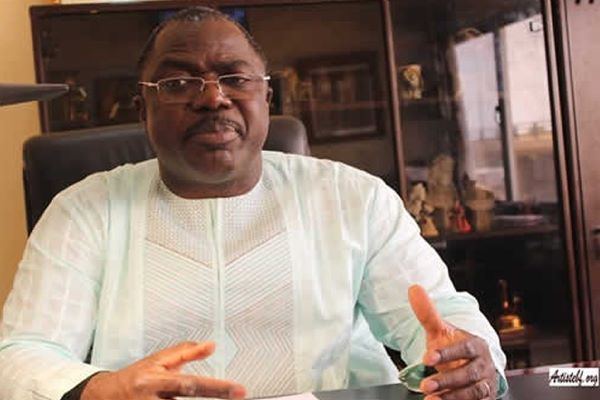The Sopam SA company of Burkinabé businessman Panguéba Mohamed Sogli announces the seizure of the accounts and property of the Bolloré group in connection with the Komsilga electronic central case against Sagatrans, a subsidiary of the French group. This is a rebounding case relating to the delivery of a power plant signed in 2010 and delivered, according to the complainant, 18 months late and long storage at the port of Abidjan with material damage. The dispute, a collateral to the Ivorian post-electoral crisis from December 2010 to May 2011, has been the subject of a formidable legal battle for ten years.
The seizure made on June 14 concerns the accounts and assets of three Bolloré subsidiaries in Burkina Faso, namely Transport & Logistics Burkina Faso, Burkina Logistics and Mining Service (BLMS) and Société Nationale de Transit du Burkina (SNTB).
The objective is to recover 14.6 billion CFA Francs representing, notes the Burkinabé side, compensation following “damage suffered during storage at the port of Abidjan and the delay in delivery of equipment”.
The second stage concerns Bolloré’s accounts and assets in five countries (Burkina Faso, Benin, Senegal, Cameroon, Ivory Coast).
Note that the power plant in question, of 18 MW, was ordered on behalf of the National Electricity Company of Burkina Faso (Sonabel). As the winner of this contract, Sopam SA had secured the services of Sagatrans for the transport of the power plant from the port of Saint Nazaire (France) to Ouagadougou via the port of Abidjan.
11 years of legal proceedings followed. First at the Commercial Court of Ouagadougou, the eponymous courts of appeal and cassation then, twice, before the Common Court of Justice and Arbitration (CCJA), OHADA’s supranational judicial body, based in Abidjan . Despite having won all these judgments, Sopam is opposed in France by a suspension of the execution taken by a single judge.
Today, the Burkinabé company is trying to execute its judgment in the OHADA space in what will constitute a test of the credibility of the sentences of the CCJA. Already a hiccup, Togo has decided to ignore the exequatur of the common court.



